Clarifying the responsibilities of local authorities
Concerning the provisions on the responsibilities of organizations and individuals in the enforcement of civil judgments in Article 14, National Assembly Deputy Nguyen Thi Thu Nguyet ( Dak Lak ) emphasized that the effectiveness of civil judgment enforcement activities does not only depend on the civil judgment enforcement agency and enforcement officers but is also greatly affected by the compliance of the parties and the coordination of the implementation of responsibilities of agencies, organizations and individuals. Therefore, in addition to regulating the rights and obligations of the parties, there should also be regulations on the responsibilities of agencies, organizations and individuals in the coordination process to strictly implement the judgments, decisions, requests and proposals of the civil judgment enforcement agency and enforcement officers.

“If we only provide general regulations, it will be very difficult to implement, especially for agencies and organizations that play an important role in civil judgment enforcement activities.” Raising this issue, delegate Nguyen Thi Thu Nguyet also suggested that in the draft Law, Article 14 should be separated to provide a separate clause regulating the duties and powers of People's Committees at all levels. Because, in addition to the state management function of the Ministry of Justice , People's Committees at the provincial and communal levels play a very important role and have a very effective impact on civil judgment enforcement work. For that reason, a separate clause should be separated to clearly see the responsibilities of local authorities. Accordingly, the draft Law should supplement a number of important duties and powers of People's Committees at all levels in Articles 173 and 175 of the current Law on Civil Judgment Enforcement.
Ensuring that enforcement agencies at all levels are consistent with the judicial apparatus
From the practical operation of the civil judgment enforcement apparatus after the administrative unit arrangement, National Assembly Deputy Nguyen Tam Hung ( Ho Chi Minh City) realized that the current regional civil judgment enforcement office has no legal status, no seal, no account and no authority to issue decisions on civil judgment enforcement, so it is not compatible with the organization of the People's Court and the People's Procuracy at the regional level, leading to many shortcomings that need to be recognized as the true nature of the organization of the current civil judgment enforcement apparatus.
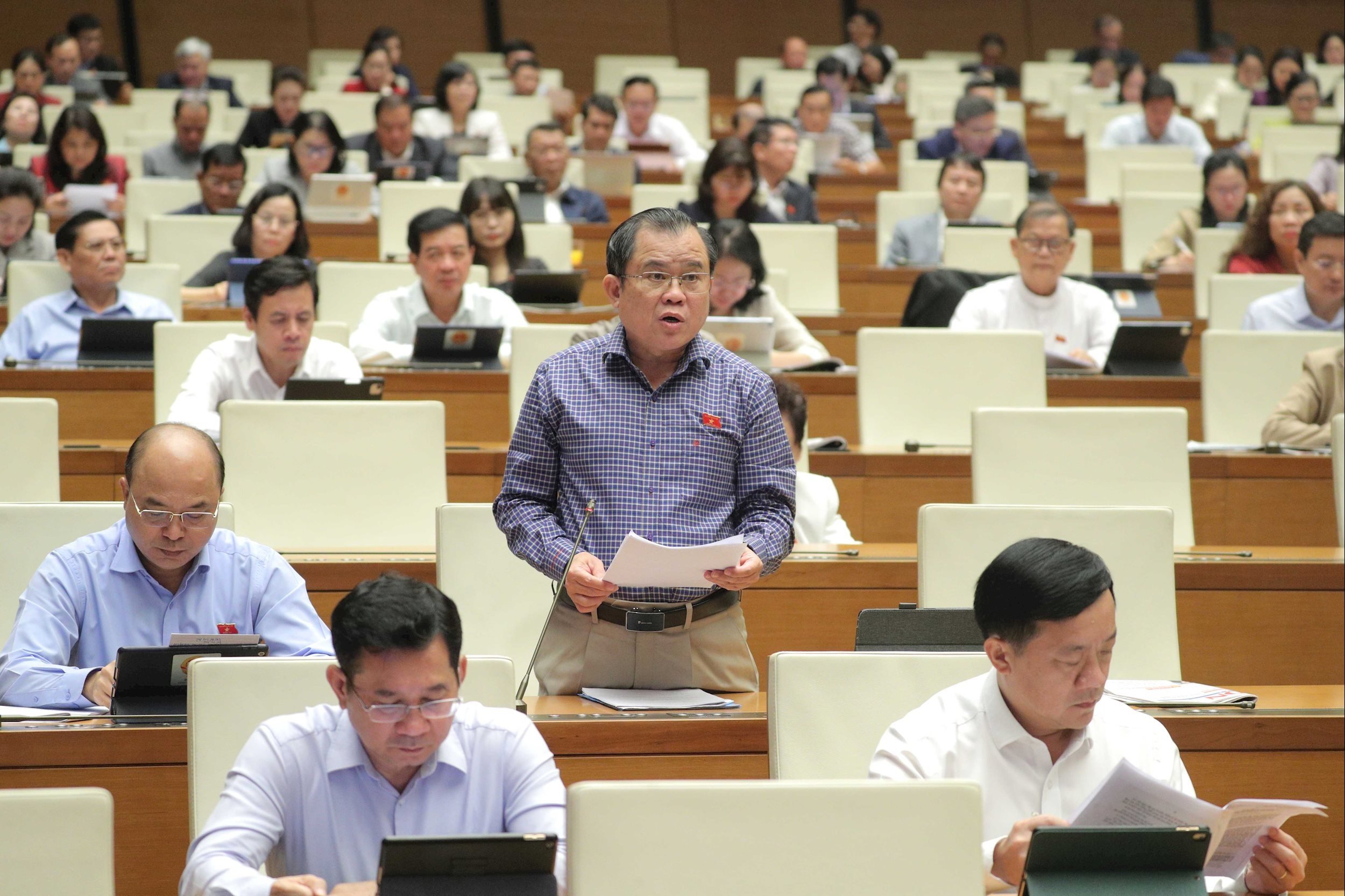
Delegate Nguyen Tam Hung said that, in terms of institutions, the Regional Procuracy has the authority to control by locality but there is no civil judgment enforcement agency at the same level to coordinate directly, all announcements and controls must go through the provincial level, increasing the intermediary step. The decision-making authority is concentrated at the provincial level, leading to very slow processing, difficult control, risk of omission, files must be transferred to the province for signature and then returned to the region, causing delays and reducing initiative, especially in places with a large number of cases, far and wide areas. On the other hand, the coordination relationship in civil judgment enforcement between the court, the Procuracy, the police, and local authorities lacks a focal point at the same level, prolonging the process, especially in the stages of extracting, transporting, and receiving physical evidence.
Due to lack of legal status, seal, or account, the regional civil judgment enforcement office cannot sign contracts to open temporary custody accounts, pay enforcement costs, rent, and preserve assets. All administrative and financial transactions must be submitted to the provincial civil judgment enforcement office, causing congestion in cases that need to be handled quickly and increasing risks in preserving, sealing, and transporting evidence in remote areas.
Delegate Nguyen Tam Hung also stated that Conclusion No. 162 dated June 6, 2025 of the Politburo clearly stated: "Agree to continue to streamline the civil judgment enforcement system, ensuring that the judgment enforcement agencies at all levels are consistent with the apparatus of the People's Court and the People's Procuracy, operate effectively and efficiently, meeting the requirements and tasks in the new situation". Emphasizing that this is a particularly important political basis, the delegate suggested that it is necessary to strictly comply with it to redesign the model of the civil judgment enforcement agency in the draft Law.

Emphasizing this, delegate Nguyen Tam Hung proposed to amend and perfect the model of civil judgment enforcement agencies in the draft Law to synchronize with the trial and control at the central, provincial and regional levels. This solution does not increase the number of focal points, staffing or budget, but will shorten the process, increase on-site initiative, make timely decisions, reduce the workload for the provincial level, be closer to the people and limit backlogs at key points.
In Article 19 on local civil judgment enforcement agencies, delegate Nguyen Tam Hung proposed to remove the phrase "regional civil judgment enforcement office", defining the local system as consisting of 2 levels, provincial civil judgment enforcement agencies and regional civil judgment enforcement agencies, affirming that regional civil judgment enforcement agencies are state agencies with legal status, seals, accounts, and headquarters. At the same time, amend Article 18 as a transitional provision, converting the status quo of the regional civil judgment enforcement office into a regional civil judgment enforcement agency, in the direction of reorganization but without increasing the payroll, without creating new focal points.
In Article 20 of the draft Law, regarding the duties and powers of the civil judgment enforcement agencies of provinces and cities, delegate Nguyen Tam Hung proposed assigning system administration roles such as providing professional guidance, inspection, examination, resolving complex complaints, inter-regional coordination, data management, and regulating the list of cases that the province directly organizes, with particularly large value, inter-regional, related to foreign elements, or when withdrawing files to ensure legal safety. Other enforcement work is assigned to the regional civil judgment enforcement agencies.

Agreeing with the above opinions, National Assembly Delegate Phan Thi My Dung (Tay Ninh) suggested that the draft Law needs to clarify the position, functions, tasks and powers of the regional civil judgment enforcement office and the Head of the regional civil judgment enforcement office to meet the requirements of the current new model.
Source: https://daibieunhandan.vn/du-an-luat-thi-hanh-an-dan-su-sua-doi-tiep-tuc-hoan-thien-mo-hinh-co-quan-thi-hanh-an-dan-su-10395294.html





![[Photo] Chu Noodles - the essence of rice and sunshine](https://vphoto.vietnam.vn/thumb/1200x675/vietnam/resource/IMAGE/2025/11/11/1762846220477_ndo_tl_7-jpg.webp)
![[Photo] Prime Minister Pham Minh Chinh receives Lao Minister of Labor and Welfare Phosay Sayasone](https://vphoto.vietnam.vn/thumb/1200x675/vietnam/resource/IMAGE/2025/11/11/1762872028311_dsc-2246-jpg.webp)

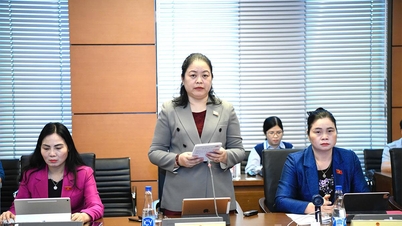



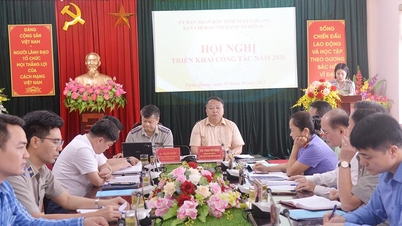
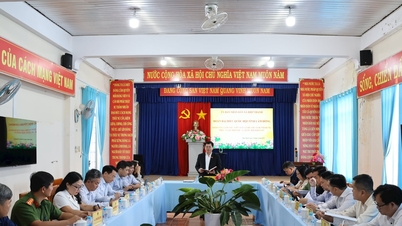

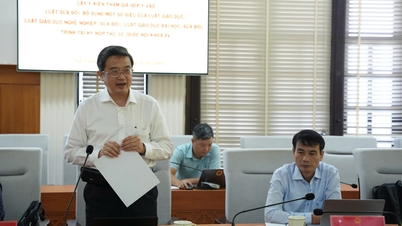



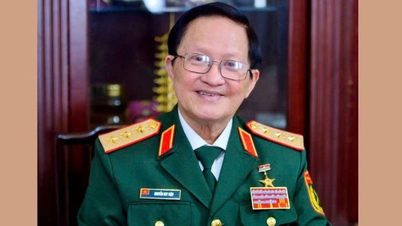

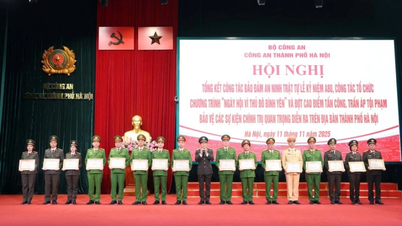









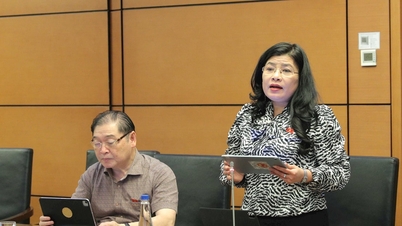

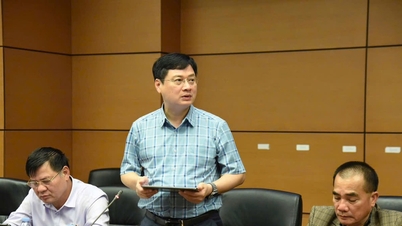

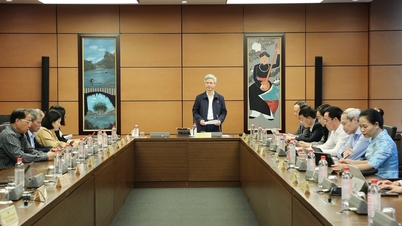





















































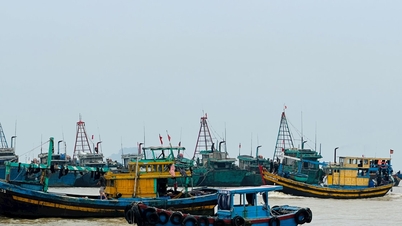

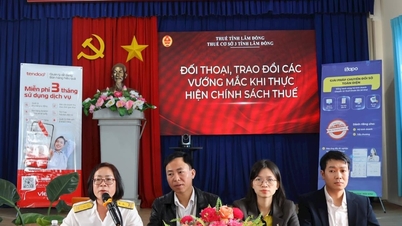








![Dong Nai OCOP transition: [Article 3] Linking tourism with OCOP product consumption](https://vphoto.vietnam.vn/thumb/402x226/vietnam/resource/IMAGE/2025/11/10/1762739199309_1324-2740-7_n-162543_981.jpeg)








Comment (0)